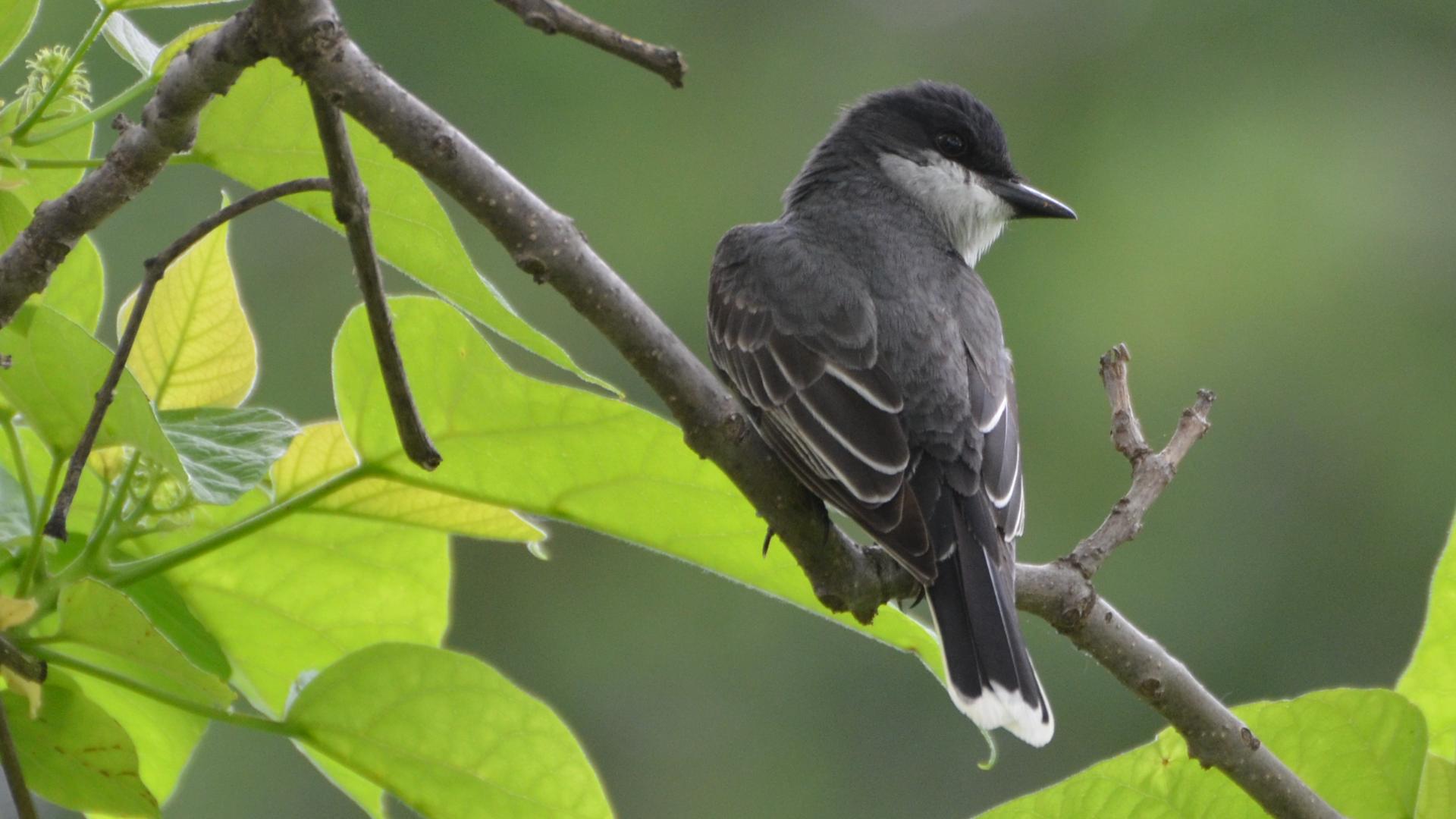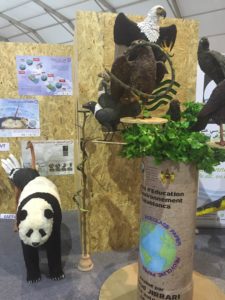We have much more to do and your continued support is needed now more than ever.
Ensuring the Paris Agreement Works for Forests and Wildlife


While the Paris Agreement, which formally entered into force last week on November 4, 2016, provides the global mechanism needed for realizing a low carbon future, there remains much work to hash out the details on how the agreement will be operationalized.
Our International Wildlife Conservation team is in Marrakech, Morocco, right now at the 22nd Conference of Parties of the United Nations Framework Convention on Climate Change (COP22) to help tackle that challenge, working to protect forests and the wildlife that depend on them. Riding the momentum from the last year’s meeting in Paris (COP21), where nearly 200 countries reached a historic agreement to tackle climate change, COP22 negotiations will focus on formalizing a roadmap for translating the agreement into action.
Land Use key to Wildlife Conservation

Optimistically, the aura in Marrakech is filled with energy, positivity, and collaboration. Countries are demonstrating dedication to progress, international cooperation, and knowledge sharing.
When it comes to the role of the land use sector, further guidance and conversations are needed. The land use sector, which includes agriculture and deforestation, was included in many countries’ Intended Nationally Determined Contributions (INDCs), though there are many questions regarding the rules and the framework that will be used to count, monitor, and verify emissions and emissions reductions. As the land use sector accounts for almost a quarter of global emissions and provides significant opportunities for climate change adaptation and mitigation, clarification is vital for moving forward.
As the next two weeks unfold, NWF will follow how negotiations address critical land use issues in agriculture and forestry, especially as they relate to accounting and transparency. These two topics are critical in ensuring that countries’ progress toward their goals is consistent, accurate, and readily available.
People and Wildlife Depend on Climate Smart Actions
Agriculture is the single largest driver of tropical deforestation worldwide. Deforestation for agriculture can have detrimental and intensifying effects on climate, diminishing the ability of forests to absorb and store carbon, contributing to changes in rainfall patterns, and increasing forests’ susceptibility to fire. The impacts aren’t felt just locally – for example, deforestation in the Brazilian Amazon has been shown to impact rain and snowfall patterns as far away as California, the agricultural powerhouse of the U.S.
While we are already dealing with impacts of climate change, the opportunities for adaptation and mitigation in the land use sector are extensive. Conservation of forests as part of a broader climate change strategy can provide a broad range of benefits for climate, people and communities, and wildlife. Protecting forests helps to restore ecosystem services, ensures food and water security, and is vital to conservation of habitat and biodiversity.
Domestic wildlife, like the Neotropical eastern kingbird, and tropical wildlife, like the capybara, depend on healthy forests for survival. The inclusion of land use in countries’ Nationally Determined Contributions (when countries formally join the Paris Agreement, “intended” is dropped and INDCs become NDCs) offers hope for wildlife populations to thrive in future generations.

Stay tuned
While COP22 in Marrakech may be lacking in the glamour and celebrity that characterized COP21 in Paris, it is nonetheless a critical step in the process to drive collaborative international action to address climate change. Transforming words into action – and elucidating the rules for keeping track of and reporting it – is necessary to protect forests and the wildlife that depend on them.
Please take action to remind Congress that commitment to the Paris Agreement is critical for wildlife!
NWF’s International Wildlife Conservation team will continue to update you on events at COP22. Stay tuned for details about NWF’s side event, which takes place on Wednesday, November 9, “On-farm Renewables and sustainable intensification to address climate change and food security”!
Take ActionRemind Congress that addressing climate change is a priority for wildlife






















